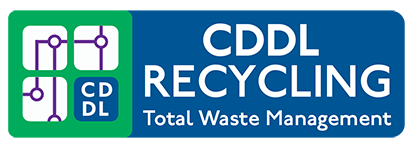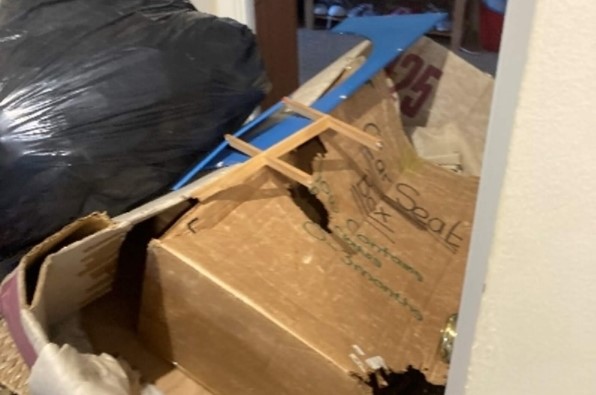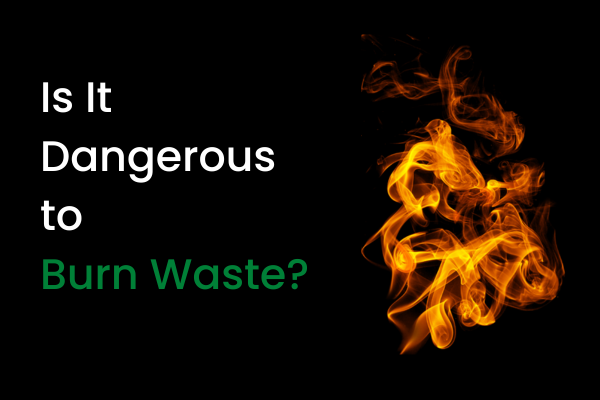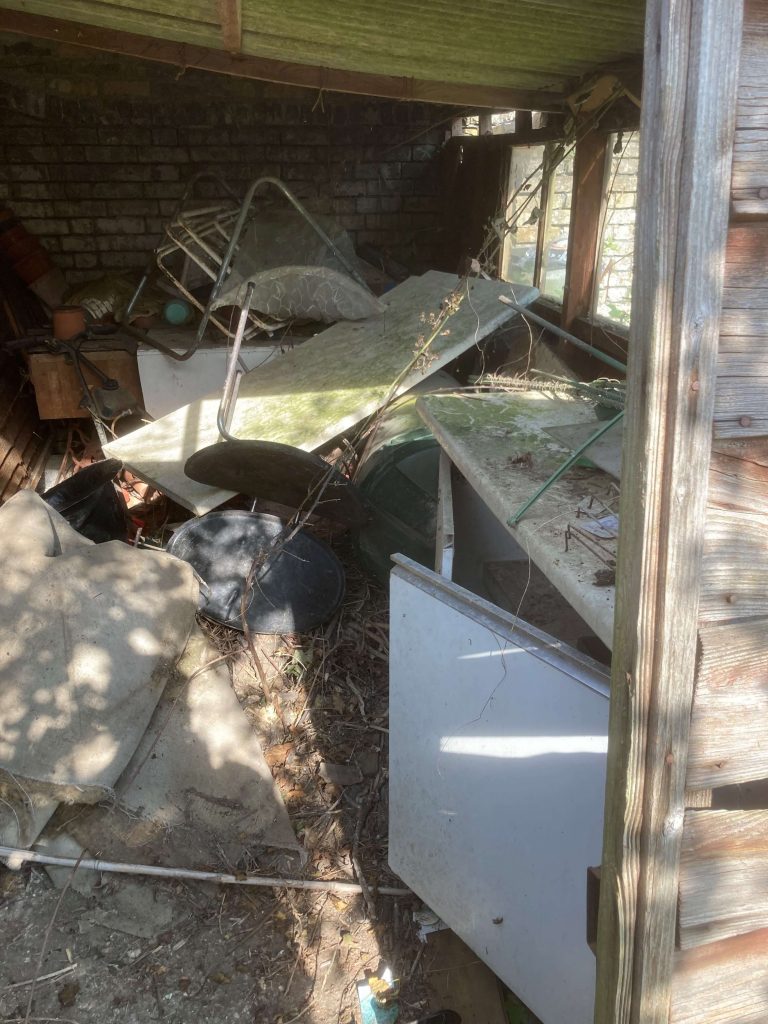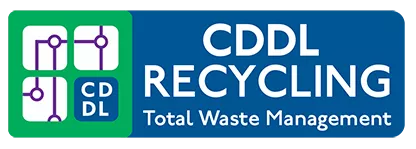uPVC Waste Collection- Everything you need to know
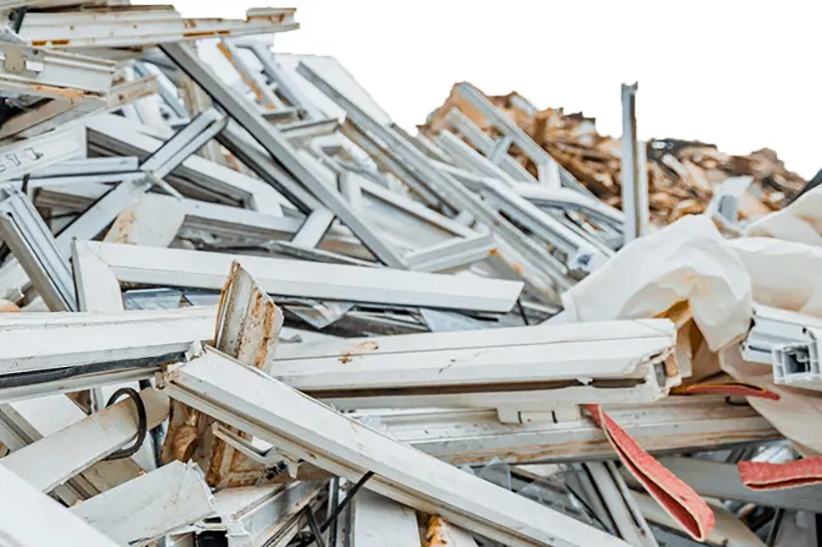
What is uPVC waste collection?
uPVC (or unplasticized polyvinyl chloride) is a type of synthetic plastic polymer commonly used in a range of applications, including windows, doors and plumbing. uPVC is known for its durability, low cost, and resistance to weathering and chemicals, making it a popular choice for many industries.
uPVC waste collection refers to any uPVC materials that are no longer needed or wanted and are discarded as waste. This can include uPVC pipes, window frames, and other uPVC products that are no longer in use. If your business uses uPVC materials that you need collected by a licensed waste carrier, contact CDDL today to find out more.
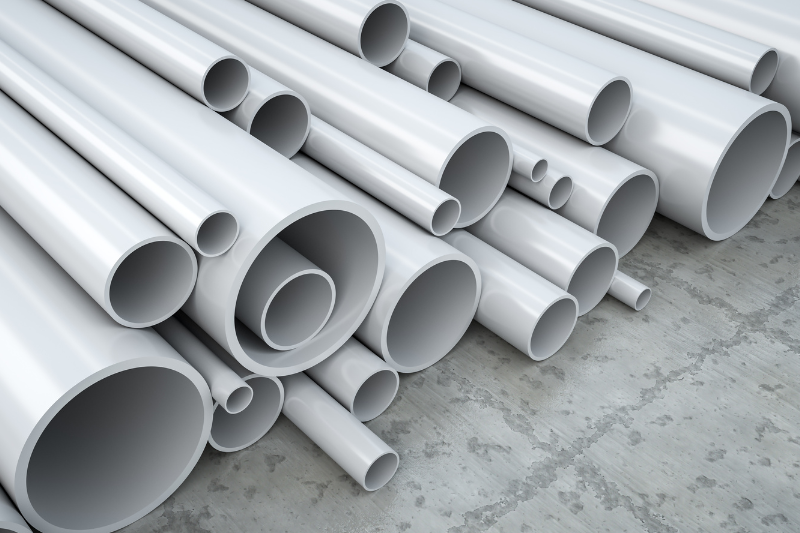
Why is proper uPVC waste disposal important?
uPVC waste disposal is important for a number of reasons. The most important is for the protection of the environment. Ensuring uPVc waste is correctly disposed of will prevent it from ending up in landfills, where it can take hundreds of years to decompose. During this time, the polymer can release potentially harmful chemicals into the soil.
uPVC waste collection is important for public health. The chemicals released as a result of improper disposal of uPVC can be inhaled or ingested by humans and animals. This can cause a range of health problems, including respiratory issues and neurological damage.
Furthermore, it is important for the economy. By properly managing and disposing of uPVC waste, we can reduce the need for new materials to be produced. Consequently, this can save resources and reduce greenhouse gas emissions. This can also help to support the growth of recycling and waste management industries, which can create jobs and generate revenue.
At CDDL Recycling we pledge to divert 100% of your waste from landfill to promote the protection of the environment.
What can uPVC waste collection be recycled for?
uPVC can be reused in a number of different ways, depending on the specific material and its condition. If you have some uPVC you need getting ride of, consider one of these options below first.
Recycling: Many uPVC products can be recycled, such as pipes and window frames. The uPVC can be ground down into small pellets, which can be melted and molded into new products.
Upcycling: Some uPVC products can be upcycled, or repurposed, into new products. For example, old uPVC pipes can be cut and painted to make decorative planters.
Donating: In some cases, uPVC products that are still in good condition can be donated to organizations that can reuse them. For example, old uPVC pipes can be donated to a construction company for use in a new project.
Selling: Some uPVC products can be sold to individuals or companies who can reuse them. For example, old uPVC windows can be sold to a homeowner who is looking for affordable replacement windows.
By finding useful ways to reuse uPVC, we can reduce the amount of waste and conserve resources.
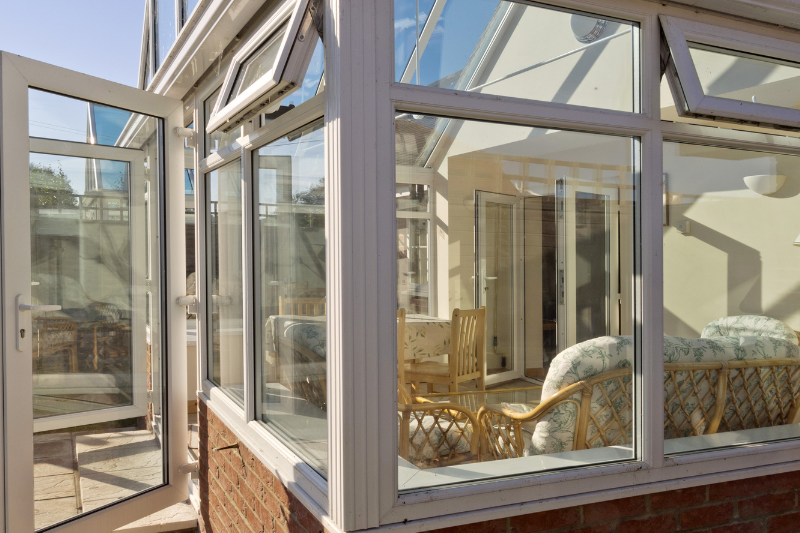
What alternative materials to uPVC are available?
Yes, there are alternatives to using uPVC. It is important to note that the best alternative to uPVC will depend on the specific application and the individual needs and priorities of the user. In some cases, uPVC may be the most suitable option, while in others, a different material may be more appropriate. Where possible, businesses should be looking ot the more sustainable options to reduce, reusue and recycle as much as possible.
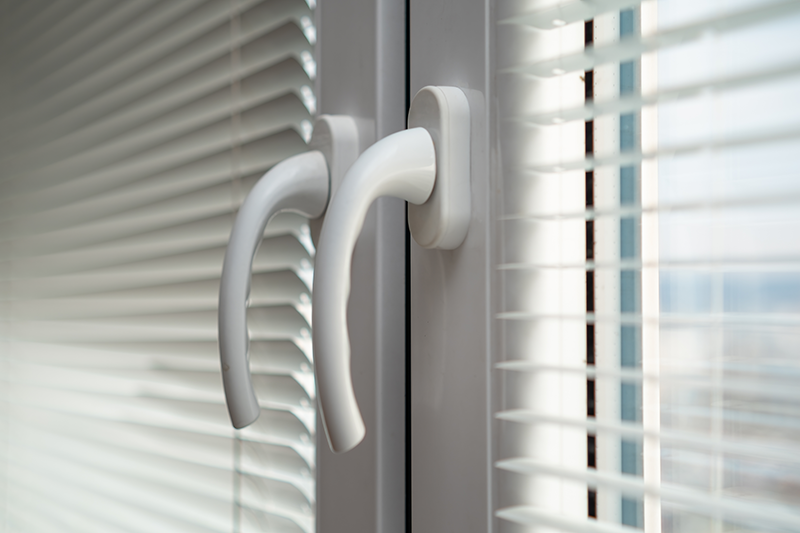
Some possible alternatives to uPVC include:
Wood: Wood is a natural material that can be used in a range of applications, including construction and furniture. It is renewable and biodegradable, making it a more sustainable option than uPVC in some cases.
Metal: Metal, such as steel and aluminium, can be used in a variety of applications, including construction and electrical wiring. It is durable and long-lasting, and can be recycled, making it a potentially more sustainable option than uPVC in some cases.
Glass: Glass can be used in a range of applications, including windows and bottles. It is made from natural materials and is 100% recyclable, making it a more sustainable option than uPVC in many cases.
Plastics: There are many different types of plastics that can be used as alternatives to uPVC. Some of these, such as polyethylene and polypropylene, are made from natural gas or oil and can be recycled, making them potentially more sustainable than uPVC in some cases.
How CDDL can help with your uPVC Waste Collection
In conclusion, uPVC waste collection is an important and complex topic that affects the environment, public health, and the economy. Proper collection and disposal of uPVC waste is essential to protect the planet, promote public health, and support economic growth. IF you’re looking for a waste carrier to manage your uPVC waste, get in touch with the team at CDDL Recycling today.
